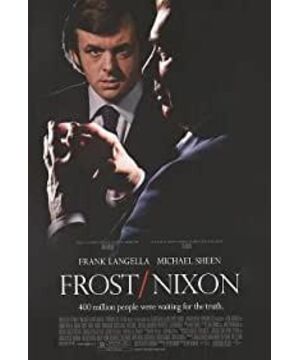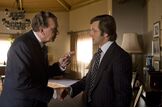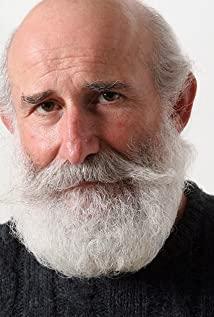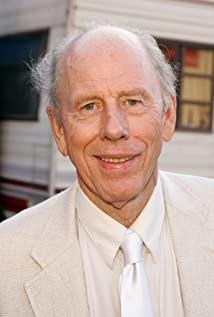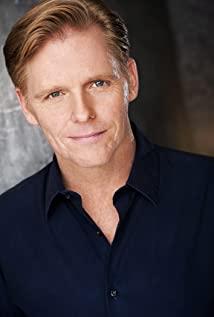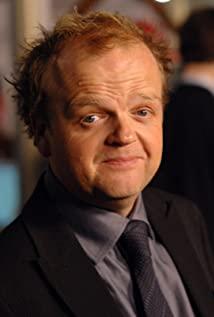The war between Nixon and journalist Frost is essentially a war between public figures and the general public. Not that Frost has a subjective motive to "speak for the people", but at least he represents a general public attitude: what have you done, what do you think you have done, why don't you apologize? Concerns, questions, accusations, and incomprehension, the public's attitude toward public figures is actually the same everywhere. The reason why public figures are called public figures is because they live in people's eyes, and their every move will be watched, guessed, and commented on. In fact, there is always incomprehension between people, and people always have a desire to control others. The pitiful thing about public figures is that they are more naturally called the outlet for the people to vent their desire to control, or to say that they are not understood. , the significance of the existence of public figures lies in the satisfaction of the public's curiosity and desire for control. Then public figures will naturally no longer be regarded as human beings. They are called different ideal models in each person's brain, and they are called puppets influenced by the will of the people. And what about public figures? They voluntarily or were forced to give up their human attributes, learned to satisfy the public's curiosity and desire for control, and learned to "pretend", "pretend" in front of others, and "pretend" in front of themselves.
That's what Frost's conversation with Nixon is all about. Frost "interrogates" Nixon with a public eye, and Nixon "pretends" like a cunning public figure calmly and wisely, defuses the accusations again and again. But Frost pressed hard, and the atmosphere of the confrontation between the two gradually reversed. Nixon began to struggle, to cope, and more importantly, his self-assured heart was slowly becoming fragile. Finally, Nixon couldn't hold it anymore, he couldn't take it anymore, he broke out, and he became a person again. No one can suppress their humanity forever, and that emotion will eventually flow out unstoppably at some point. In those brief seconds of silence, Nixon's wrinkled face was full of frustration, pain, and helplessness, and at this moment, we saw the heart of a real person who shreds all disguise. Nixon is still a person after all. He has people's longing, helplessness, happiness, pain, glory and shame. He is still a person after all. His story is not just a legend to satisfy the curiosity of the public, but a true tragedy about the soul. This tragedy has nothing to do with all the public. This tragedy was created by him, and it was only him who was tormented. In the final analysis, he was a person living in a tragedy, and he was a poor ordinary person.
Just an ordinary person. No one is extraordinary, no one lives for others. Every public figure is actually a person with the same joys and sorrows as us.
The film observes all this from an objective perspective and records it all. A short documentary interspersed between the interviews takes the audience to look at the central event from all angles. The comprehensive description of the background and the in-depth portrayal of the characters make the film more and more "dynamic". The director's perfect grasp of the rhythm makes the confrontation between Frost and Nixon so full of tension. Thrilling sparkle. The film has been vibrating up and down on a taut line, forming a sense of oppression like a stage play. However, in the end, with the removal of Nixon's disguise, the film naturally rises to a lyrical and compassionate kind, using a kind of rhetoric. The way shakes your heart.
Frank Langella's performance is the only "sparkling" actor I've seen so far in this year's Oscar contenders. In fact, his performance space is only limited to language and expression, but simply using these two things can perform a shocking feeling. What can you say other than admiration? What's even more commendable is that Frank Langella's quick and perfect transition from stage to screen! He just treats Nixon as an ordinary person, interprets him from the joys and sorrows of ordinary people, and lets us read him from the perspective of ordinary people, so the character of Nixon is very full, very powerful, supplemented by Langella The precise handling of the character finally makes us feel soft-hearted, lamented, sympathetic and emotional for this character, for such a seemingly extraordinary ordinary person.
View more about Frost/Nixon reviews


